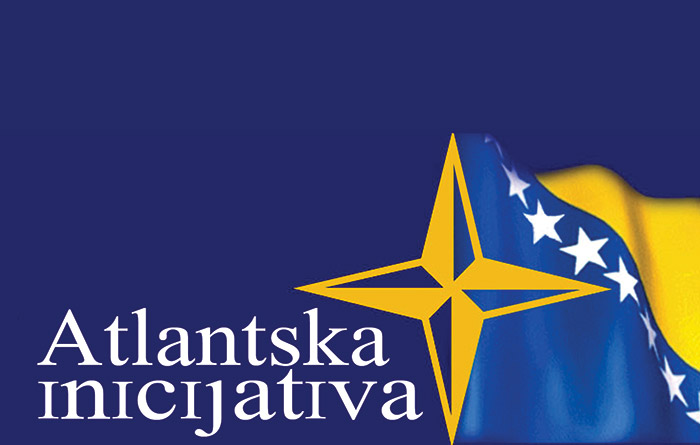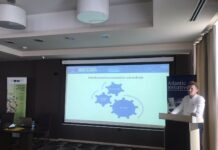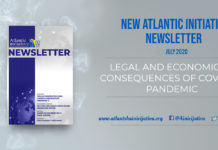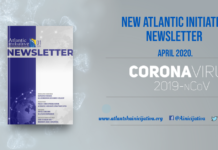The aim of this research was to identify the main security issues faced by returnees to Prijedor in their day-to-day activities. The definition of security in this research went beyond physical safety and addressed, among other things, economic and health security and the ability to freely express religious and national affiliation. A comprehensive questionnaire (N=101) was completed in parallel with in-depth interviewing of returnees (N=30), Serb citizens of Prijedor (N=10), representatives of the city administration (N=10), and representatives of the police (N=5).
The research results were presented as part of a workshop held in Prijedor and organized by the Atlantic Initiative on August 1, 2013. The reactions of the 30 workshop attendees were also included in the final report. While the main focus of this research was on the security needs of returnees, interviews with the Serb population were conducted in order to account for different perspectives and to verify some of the data received from returnees.
The report was presented in 3 chapters. The first chapter focuses on the most important historical, economic, political, and safety factors which affected the dynamics of return of Bosniaks (and to a smaller degree, Croats) to Prijedor. Their return was chronologically divided into 5 phases. The second chapter provides an interpretation of the research data. The third chapter offers proposals to the state, entity, and local level of authorities and a discussion on what can be done to enhance the integration of returnees and to improve the general feeling of security. In view of the fact that returnees (regardless of their national identity) usually face similar challenges, these recommendations may be applied to a certain extent in other communities as well.
This report was published and disseminated in October 2013.








